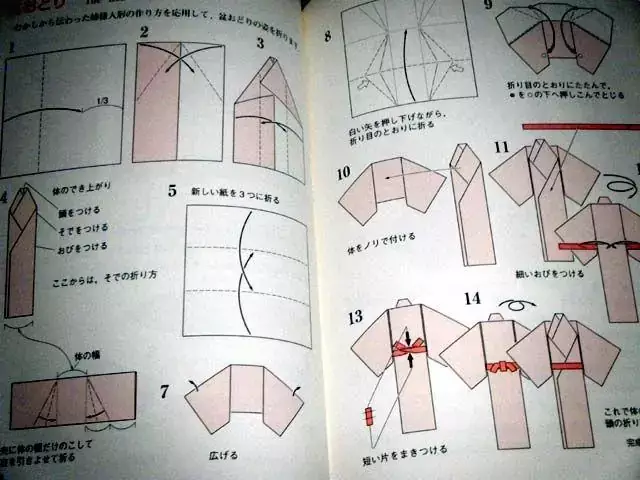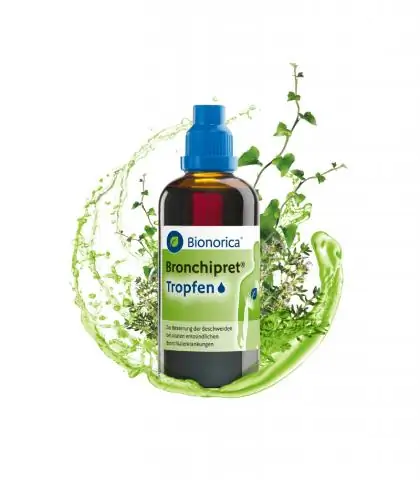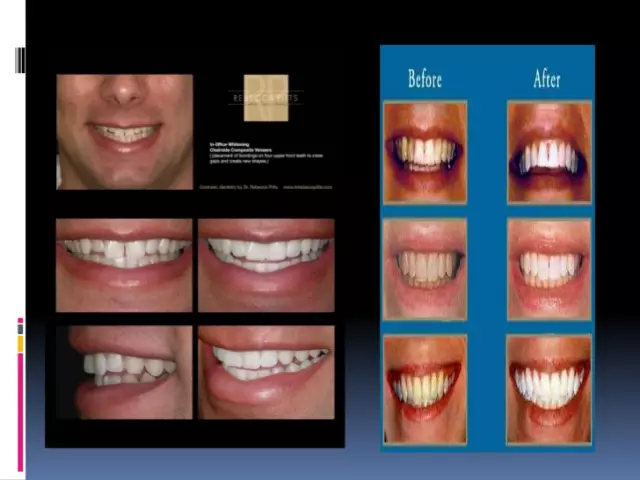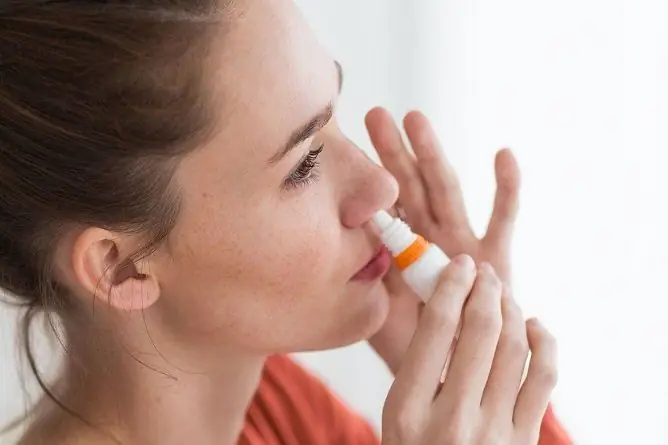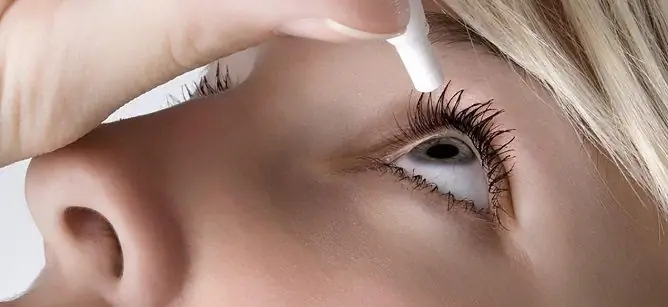- Author Rachel Wainwright wainwright@abchealthonline.com.
- Public 2023-12-15 07:39.
- Last modified 2025-11-02 20:14.
Bebifrin
Bebifrin: instructions for use and reviews
- 1. Release form and composition
- 2. Pharmacological properties
- 3. Indications for use
- 4. Contraindications
- 5. Method of application and dosage
- 6. Side effects
- 7. Overdose
- 8. Special instructions
- 9. Application during pregnancy and lactation
- 10. Use in childhood
- 11. Drug interactions
- 12. Analogs
- 13. Terms and conditions of storage
- 14. Terms of dispensing from pharmacies
- 15. Reviews
- 16. Price in pharmacies
Latin name: Babyfrin
ATX code: S01FB01
Active ingredient: phenylephrine (Phenylephrine)
Manufacturer: LLC "Grotex" (Russia)
Description and photo update: 2020-11-06
Prices in pharmacies: from 156 rubles.
Buy

Bebifrin is a decongestant drug, an α-adrenergic agonist.
Release form and composition
Dosage form of Bebifrin:
- nasal drops: weakly colored or colorless, transparent (in a cardboard box 1 plastic bottle with a dropper and a cap with a first opening control or 1 polymer dropper bottle with a screw cap and a dropper stopper, containing 10 or 15 ml of liquid);
- dosed nasal spray: colorless or weakly colored, transparent, with a slight characteristic odor [in a cardboard box 1 polyethylene bottle with a dispensing nozzle, containing 10 or 15 ml (150 or 220 doses) of the spray].
Each pack also contains instructions for the use of Bebifrin.
Composition of 1 ml nasal drops:
- active substance: phenylephrine hydrochloride - 1.25 mg;
- auxiliary components: water for injection, Trilon B (disodium edetate dihydrate), potassium dihydrogen phosphate, sodium hydrogen phosphate dihydrate, polyethylene glycol 1500 (macrogol 1500), anhydrous glycerol, benzalkonium chloride.
Composition of 1 dose of nasal spray:
- active substance: phenylephrine hydrochloride - 0.125 mg;
- auxiliary components: water for injection, Trilon B (disodium edetate dihydrate), potassium dihydrogen phosphate, sodium hydrogen phosphate dihydrate, polyethylene glycol 1500 (macrogol 1500), anhydrous glycerol, benzalkonium chloride, eucalyptol (cineol).
Pharmacological properties
Pharmacodynamics
Bebifrin is indicated for the local symptomatic treatment of rhinitis. The active substance of the drug, phenylephrine hydrochloride, is one of the α 1 -adrenergic receptor agonists (sympathomimetics). By stimulating α 1 receptors in the mucous membranes of the nasal cavity, it has a vasoconstrictor effect, improves the patency of the nasal airways, reduces congestion in the mucous membrane of the nasal cavity, tissue hyperemia and swelling of the mucous membranes.
Thanks to the restoration of air permeability of the nasopharynx, the patient's well-being improves and the likelihood of complications caused by stagnation of mucous secretion decreases.
Pharmacokinetics
Systemic absorption of phenylephrine hydrochloride when used topically is negligible.
Indications for use
Spray and drops of Bebifrin are prescribed to facilitate breathing through the nose with hay fever, flu, colds and other allergic pathologies of the upper respiratory tract, accompanied by sinusitis or rhinitis (for symptomatic therapy).
Contraindications
Absolute contraindications for all forms of Bebifrin release:
- diseases of the cardiovascular system, including angina pectoris, coronary sclerosis, tachycardia, atherosclerosis;
- diabetes;
- thyrotoxicosis;
- hypertensive crisis;
- simultaneous treatment with monoamine oxidase inhibitors, as well as a period of 2 weeks after their cancellation;
- established hypersensitivity to the components of the drug.
Additionally for nasal spray:
- arterial hypertension;
- age up to 4 years;
- pregnancy;
- period of breastfeeding.
Relative contraindications for Bebifrin spray (use requires special care and careful medical supervision):
- pheochromocytoma;
- individual intolerance to adrenergic drugs, accompanied by an increase in blood pressure, arrhythmia, tremor of skeletal muscles, dizziness, sleep disturbance;
- children under 6 years of age.
Bebifrin nasal drops are used with caution in the following cases:
- children under 6 years old;
- pregnancy;
- lactation period.
Bebifrin, instructions for use: method and dosage
Spray and drops of Bebifrin are intended for intranasal use.
Recommended dosing regimen for nasal drops:
- children under 1 year: 1 drop every 6 hours (not more often);
- children 1-6 years old: 1-2 drops each;
- children from 6 years old and adults: 3-4 drops each.
It is important to wipe the dropper dry after each use. The duration of the course of treatment should not exceed 3 days.
1 dose of nasal spray contains 0.125 mg of phenylephrine hydrochloride. This dosage form is used in the following doses:
- children 4-6 years old: 1-2 doses in each nasal passage every 6 hours (not more often);
- children 6-12 years old: 2-3 doses in each nasal passage every 4 hours (not more often).
Without medical advice, the duration of drug treatment varies from 3 to 5 days.
It is important to use the medicinal product in accordance with the indications, method of use and in those doses that are indicated in the instructions.
Side effects
The use of the drug Bebifrin can cause the following negative side effects:
- local reactions: irritation of the mucous membranes of the nasal cavity, tingling, tingling or burning in the nose;
- systemic reactions: sleep disturbance, tremors, pallor, sweating, increased blood pressure, arrhythmia, palpitations, dizziness, headache.
Benzalkonium chloride contained in Bebifrin can irritate the nasal mucosa.
Overdose
There is no data on overdose of nasal drops. Possible symptoms (with systemic absorption): agitation, excessive increase in blood pressure, a feeling of heaviness in the limbs and head, short paroxysms of ventricular tachycardia, ventricular premature beats.
Therapy: the introduction of short-acting α-blockers (phentolamine), in case of rhythm disturbances, β-blockers are administered intravenously.
An overdose of a nasal spray can manifest itself as agitation, an increase in blood pressure, and heart rhythm disturbances.
Therapy: symptomatic.
special instructions
In children from birth to 1 year old, the drug can be used strictly according to the doctor's prescription and no more than every 6 hours.
Systemic absorption of the active component of Bebifrin and the associated risk of adverse events in children is higher than in adults.
The duration of use of the Bebifrin spray should not exceed 3 days. If the patient continues to have difficulty nasal breathing, the attending physician decides on the further use of the drug.
The drug should not be prescribed for 14 days after the cancellation of therapy with monoamine oxidase inhibitors, since they can enhance the severity of the adrenergic effects of sympathomimetic substances and increase the likelihood of adverse events from the cardiovascular system.
In order to avoid the spread of infection, it is not recommended to use the same bottle for several people.
Influence on the ability to drive vehicles and complex mechanisms
During the period of therapy with Bebifrin, it is forbidden to drive vehicles, as well as perform other work related to increased attention, if the patient develops side effects.
Application during pregnancy and lactation
- nasal drops: use is possible only in cases where the potential benefit to the mother is higher than the predicted risks to the fetus;
- nasal spray: the appointment is contraindicated.
Pediatric use
The use of Bebifrin in the form of a nasal spray in children under the age of 4 is contraindicated.
In children under 6 years of age, therapy with both dosage forms of the drug should be carried out with caution, since the safety and efficacy profile is not well understood.
Drug interactions
The arrhythmogenicity of phenylephrine during systemic absorption and its pressor effect are enhanced by combined therapy with guanethidine, guanedrel, maprotiline, tricyclic antidepressants, monoamine oxidase inhibitors (procarbazine, selegiline).
Against the background of the simultaneous use of a drug with thyroid hormones with its systemic absorption, the associated risk of coronary insufficiency mutually increases, especially in patients with coronary atherosclerosis.
Analogs
The analogs of Bebifrin are Phenylephrine-optician, Neosinephrine-POS, Relief, Irifrin, Nazol Kids, Stelfrin, Stelfrin Supra, Irifrin BK, Nazol Baby, Mezaton.
Terms and conditions of storage
Store at temperatures up to 25 ° C. Keep out of the reach of children.
Shelf life is 2 years.
After opening the bottle with nasal drops, they should be used no more than 1 month.
Terms of dispensing from pharmacies
Available without a prescription.
Reviews about Bebifrin
Patients leave mostly positive reviews about Bebifrin in the form of nasal drops. The advantages most often include safety of use in children, as well as their high efficiency and rapid development of therapeutic action.
The most significant drawbacks are considered to be the small volume of the bottle, the permissible maximum period of use of the drug (no more than 3 days) and its cost.
Price for Bebifrin in pharmacies
The approximate price for Bebifrin is: nasal spray, in a bottle of 220 doses (15 ml) - 240 rubles; nasal drops, in a bottle of 10 ml - 155 rubles.
Bebifrin: prices in online pharmacies
|
Drug name Price Pharmacy |
|
Bebifrin 0.125% nasal drops 10 ml 1 pc. 156 r Buy |
|
I gave Bebifrin drops. 0.125% 10 ml 199 RUB Buy |

Anna Kozlova Medical journalist About the author
Education: Rostov State Medical University, specialty "General Medicine".
Information about the drug is generalized, provided for informational purposes only and does not replace the official instructions. Self-medication is hazardous to health!

